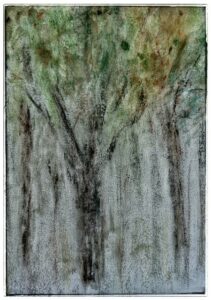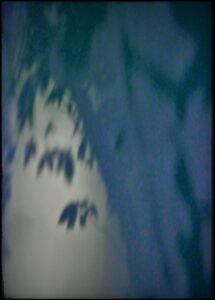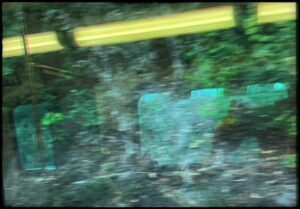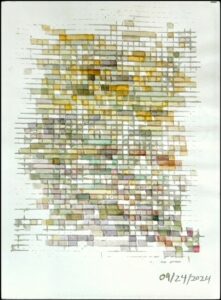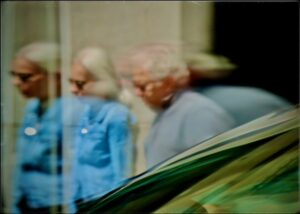
About a month ago I signed up for a program looking into mobility and healthy aging, anchored by weekly two-hour sessions at a local community center focusing on exercise, nutrition and information with a physiotherapist, dietitian and public nurse.
The group-based sessions are “focused on increasing knowledge, skills, and behaviors related to activity, healthy eating and available community supports for older adults.”
I am, after all, an older adult. I knew that when I signed up for the program — administered by McMaster University — that were looking for study participants aged 55+.
It was only after I arrived at the first session and was waiting for the program to begin that the term “older adult” had an impact on me.
As I browed through the information brochures in front of me, I read, over and over, references to this age group: “Physical activity for older adults”, “24-hour movement guidelines for older adults”, “Active Aging Canada”, and “Canada Food Guide Tips for Seniors” with a thorough collection of tasty recipes enhanced with key ingredients for “older adults”
Then there was the newsletter with a headline that really affected me: “Looking to make the most of your Golden Years”
Really?
Is this the “stage of life” that I have entered?
Now, I have not officially retired, I do not yet receive my pensions (government or career-related). I am almost hallway through my 63rd year and less than a few years away from receiving those lifetime benefits so, in my government’s eyes, I am close to being a true “senior citizen”.
But I am not sure I feel like it.
I am indeed at the lower end of the “baby boomer” classification, a demographic I have belonged to my entire life (and totally dislike the recent negative connotations of the term “boomer”). This group has aged, grown up with me, and is commonly accepted now as “seniors”. It is a sliding scale that begins at age 55 or 60 is, in fact, the age group I am now in.
The decades have blurred one into another.
But “Golden Years”?
How can that be?
I admitted, long ago, to being middle-aged. I think that started half a lifetime ago when my father retired and joined the ranks of a senior.
But am I now what he was then?
You are what you admit.
I’m older. I have never really been accused of being mature, and since I was a kid was told, many times, to act my age.
How can I be nostalgic about my youth when, most of the time, I still feel youthful?
Is it time to accept the obvious?
I guess, if I am going to accept the seniors rate at the cinema, gladly take advantage of the discounts and special “seniors” offers from many retailers, and reduced rate on public transportation, then I must start admitting I am in fact a senior . . . or an “older adult”.
I am.
This week, perhaps at this “seniors” session, I started to believe it.
It’s a lot to think about.
This week’s session included a cooking demonstration, exercise class and a lot of discussion about living and aging. Each of the program participants are at different stages of “adulthood”. Outside of a couple of the presenters, I was, I think, the youngest person in this group of older adults (I still have difficulty writing that phrase).
That itself is thought provoking.
I am truly looking forward to retirement and have been mentally preparing myself for a couple of years. I’ve got plans and so many things I want to do at this age and stage of life. Most of my plans revolve around the sort of things that a regular work week gets in the way of.
Whether or not these are, in fact, the golden years, or that I am entering the “Autumn of my life” hasn’t really been something I’ve though a lot about.
But I am now.
When did that happen?
How long will it keep happening.?
© 2024 j.g. lewis
